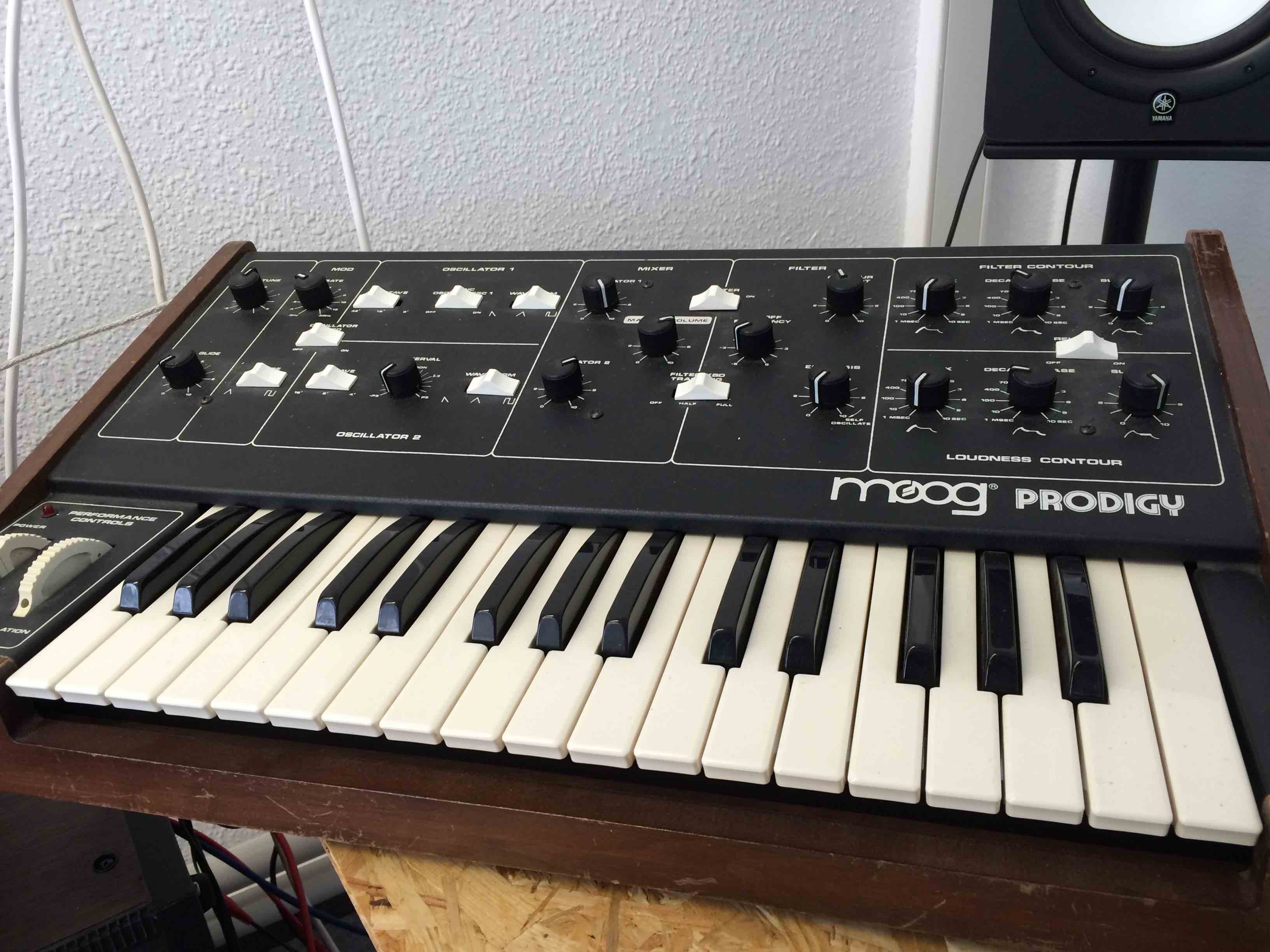
Complicating matters further, individuals vary considerably in the amount of practice needed to reach expert-level performance ( Ackerman, 2014). (2014) found that the variance in music performance explained by deliberate practice is 21%, which leaves the majority of variance unexplained. In a meta-analysis on the relationship between practice and performance, Macnamara et al. Other perspectives hold that practice alone is not sufficient. From the influential deliberate practice perspective, practice is the only important factor in acquiring expertise ( Ericsson et al., 1993). Practice is obviously central to the development of any skill, and musical skill in particular. Below are the complex influences of genes, environment, and their interaction on all the variables depicted above. The arrows represent the influence between psychological traits, practice behavior, and expertise (or achievement). (2016) in which the factors assessed here are highlighted in black. In summary, prodigies are expected to present brain predispositions facilitating their success in learning an instrument, which could be amplified by their early and intense practice happening at a moment when brain plasticity is heightened.Īdaptation from the Multifactorial Gene–Environment Interaction Model proposed by Ullén et al. The results are compatible with multifactorial models of expertise, with prodigies lying at the high end of the continuum. Thus practice, by itself, does not make a prodigy. The other aspects that differentiated musical prodigies from their peers were the intensity of their practice before adolescence, and the source of their motivation when they began to play.

None of the psychological traits distinguished musical prodigies from control musicians or non-musicians except their propensity to report flow during practice. All completed a Wechsler IQ test, the Big Five Inventory, the Autism Spectrum Quotient, the Barcelona Music Reward Questionnaire, the Dispositional Flow Scale, and a detailed history of their lifetime music practice. Nineteen former or current musical prodigies (aged 12–34) were compared to 35 musicians (aged 14–37) with either an early (mean age 6) or late (mean age 10) start but similar amount of musical training, and 16 non-musicians (aged 14–34).


Here we assess to what extent practice, intelligence, and personality make musical prodigies a distinct category of musician. Despite longstanding interest and fascination in musical prodigies, little is known about their psychological profile. Musical prodigies reach exceptionally high levels of achievement before adolescence.


 0 kommentar(er)
0 kommentar(er)
